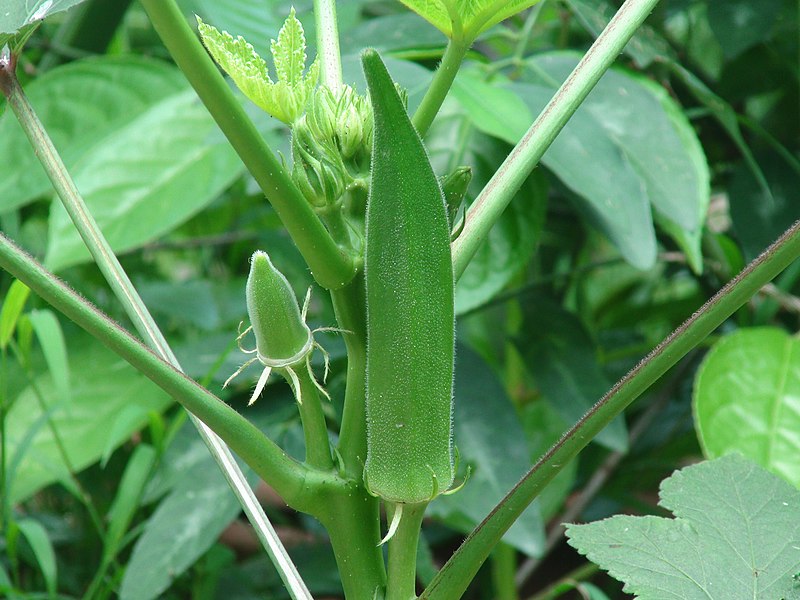New research suggests the gooey stuff from okra and other slimy plants could help in removing dangerous microplastics from water.
These microplastics are virtually everywhere
These are not only polluting oceans and affecting sea life, but are also found in the air we breathe, the food we eat, and the water we drink. Recently Microplastic particles have also been found in the placentas of unborn babies.
So for removing these microparticles from municipal water supplies, usually chemicals known as flocculants are added to the water. But these flocculants can also become toxic under certain conditions.
In order to search for a non-toxic and safer alternative, Dr. Rajani Srinivasan and colleagues at Tarleton State University, Texas studied the compounds extracted from several food-grade plants.
Researchers discovered that polysaccharides from okra paired with those from fenugreek worked best at removing microplastics from seawater. However, okra polysaccharides when paired with tamarind helped in removing microplastics from freshwater.
The best part is this plant-based flocculant can be implemented in existing water treatment processes as well. “The whole treatment method with the nontoxic materials uses the same infrastructure,” says Srinivasan. “We don’t have to build something new to incorporate these materials for water treatment purposes.”







